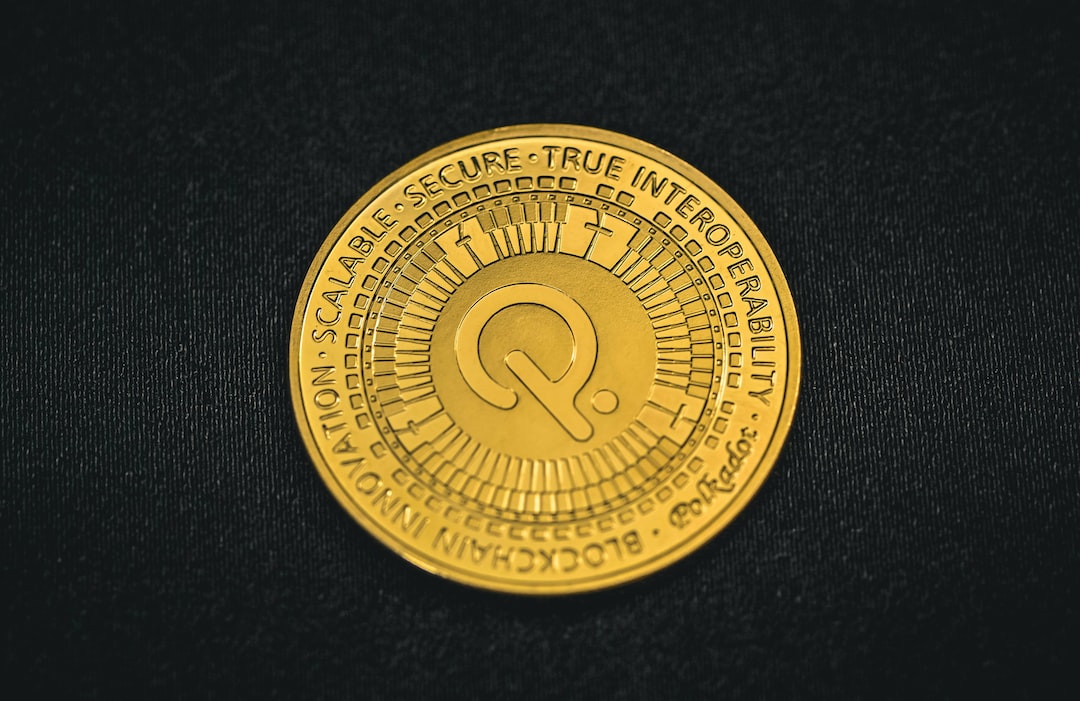Algorand’s Blockchain Interoperability: Connecting the Dots
Cryptocurrency and blockchain technology have revolutionized the way we think about finance and digital assets. As the industry continues to evolve, one of the emerging challenges is the issue of blockchain interoperability. Algorand, a leading blockchain platform, aims to address this issue by providing seamless connections between different blockchain networks. In this article, we will explore Algorand’s approach to blockchain interoperability and how it can benefit you as a user.
What is Blockchain Interoperability?
Blockchain interoperability refers to the ability of different blockchain networks to communicate and exchange information with each other. Currently, most blockchains operate in isolation, limiting the transfer of assets and data between them. This lack of interoperability hinders collaboration and slows down innovation in the industry. Algorand recognizes the importance of bridging this gap and has developed solutions to facilitate seamless connections.
How Does Algorand Enable Blockchain Interoperability?
Algorand’s approach to blockchain interoperability is based on the concept of Atomic Transfers. Atomic Transfers enable multiple transactions across different blockchains to be executed atomically, meaning either all the transactions are successful, or none of them are. This ensures the integrity of the transactions, removing the risk of partial or incomplete transfers.
You might be wondering how Atomic Transfers work and what makes them different from traditional cross-chain transactions. Well, in traditional cross-chain transactions, there is a reliance on third-party intermediaries, which introduces additional complexity and potential security risks. Algorand eliminates this need for intermediaries by utilizing its in-built smart contract functionality.
Through Algorand’s smart contract platform, users can create and execute sophisticated cross-chain contracts without the need for external dependencies. This not only simplifies the process but also enhances security and reduces transaction costs. Anyone can participate in Atomic Transfers, ensuring a decentralized and inclusive approach to blockchain interoperability.
Benefits of Algorand’s Blockchain Interoperability
Now that you understand how Algorand enables blockchain interoperability, let’s explore the specific benefits it offers:
1. Enhanced Asset Transfer: Algorand’s Atomic Transfers allow for seamless transfer of assets across different blockchains. This opens up new possibilities for decentralized finance (DeFi) applications and improves liquidity across the ecosystem.
2. Scalability and Speed: Algorand’s blockchain network is designed to handle a high volume of transactions with minimal latency. By connecting various blockchains, Algorand increases overall network scalability and transaction processing speed.
3. Expanded Use Cases: The ability to connect multiple blockchains expands the potential use cases for cryptocurrency and blockchain technology. Algorand’s interoperability opens doors for innovative applications and increases the overall utility of the ecosystem.
4. Ecosystem Collaboration: Algorand’s focus on interoperability promotes collaboration between different blockchain networks, fostering a vibrant and interconnected ecosystem. This collaboration drives innovation and accelerates the adoption of blockchain technology.
FAQs
Q: Is Algorand the only platform working on blockchain interoperability?
A: No, there are several other projects working on blockchain interoperability. However, Algorand’s approach using Atomic Transfers and its focus on scalability distinguishes it from other platforms.
Q: Can I transfer any asset between blockchains using Algorand?
A: Yes, Algorand’s Atomic Transfers enable the transfer of any asset, including cryptocurrencies, tokens, and digital assets, between connected blockchains.
Q: How can I participate in Atomic Transfers?
A: To participate in Atomic Transfers, you need to interact with Algorand’s smart contract platform. You can either create your own cross-chain contracts or participate in existing ones.
Q: Does Algorand’s interoperability compromise security?
A: No, Algorand’s approach to interoperability prioritizes security by eliminating the need for third-party intermediaries. The use of atomic transactions ensures the integrity and security of the transfers.
Q: What impact will Algorand’s interoperability have on the blockchain industry?
A: Algorand’s blockchain interoperability opens up new possibilities for collaboration and innovation within the industry. It promotes the development of decentralized applications and expands the utility and adoption of blockchain technology.
In conclusion, Algorand’s innovative approach to blockchain interoperability through Atomic Transfers offers significant benefits to users like you. With enhanced asset transfer, scalability, expanded use cases, and ecosystem collaboration, Algorand is paving the way for the future of interconnected blockchains. So, get ready to explore new opportunities and possibilities in the cryptocurrency world with Algorand’s blockchain interoperability.





 By
By
 By
By
 By
By
 By
By
 By
By
 By
By